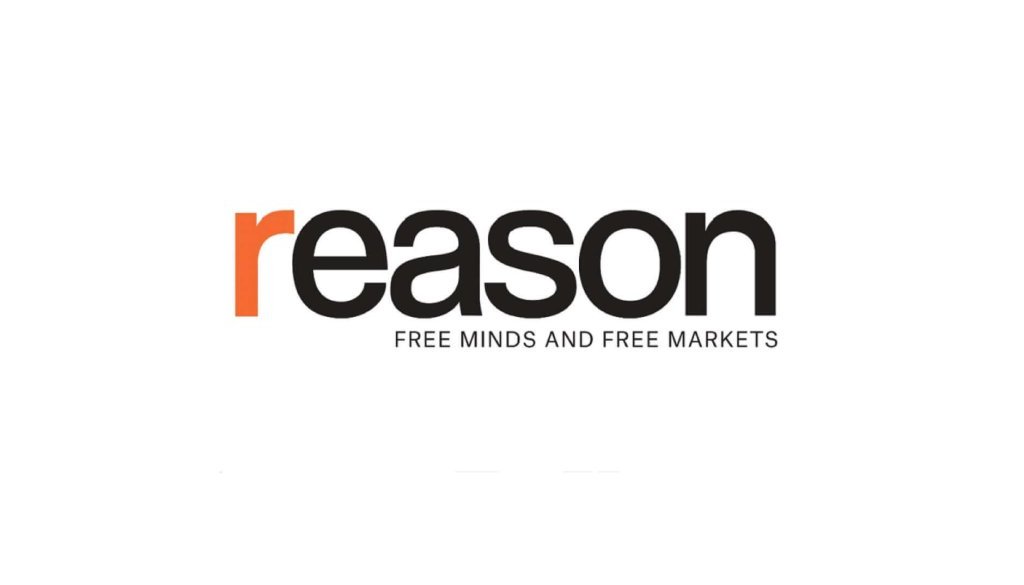Hit on a CEO
Is this a “John Wick-meets-Erin Brockovich” murder, or something else altogether? Yesterday morning, United Healthcare CEO Brian Thompson was fatally shot in Midtown Manhattan in what authorities say looks like a targeted attack.
The killer was masked, and his gun was outfitted with a silencer. He “apparently knew which door Mr. Thompson was going to enter and arrived outside the hotel about five minutes earlier,” per a New York Times report. After he killed Thompson, the shooter fled via e-bike. He has yet to be apprehended.
United provides healthcare coverage to almost 50 million people, bringing in $281 billion in revenue and paying Thompson $10.2 million in total compensation annually.
Normally, when someone is tragically murdered (God rest his soul), it would not be customary to mention their comp package. But it’s unfortunately relevant to this story because hordes of people have seized on this murder, acting like it was warranted because a healthcare company CEO must be, in their telling, quite evil. Some have theorized that it’s a spurned patient, someone who was deeply wronged, who may have a vendetta against Thompson. That is possible, but we don’t know enough yet.
Some people have taken to celebrating this theoretical vigilantism, like prominent journalist Taylor Lorenz, who in few words has suggested that more CEOs be gone after due to their perceived misdeeds.
— Taylor Lorenz (@taylorlorenz.bsky.social) 2024-12-04T21:31:56.268Z
“And people wonder why we want these executives dead” she wrote yesterday on the same site.
“No shit murder is bad,” wrote journalist Ken Klippenstein on the platform Bluesky, which appears to mostly be for people who’ve exited X in a huff. “The jokes about the United CEO aren’t really about him; they’re about the rapacious healthcare system he personified and which Americans feel deep pain and humiliation about.”
Today we remember the legacy of UnitedHealthcare CEO Brian Thompson
— Ken Klippenstein (@kenklippenstein.bsky.social) 2024-12-04T16:30:54.583Z
In 2021, the company came under fire because it announced a plan to start denying payment for emergency room visits deemed unnecessary (something competitors also intended to do). “Threatening patients with a financial penalty for making the wrong decision could have a chilling effect on seeking emergency care,” wrote the chief executive of the trade group American Hospital Association at the time.
But consider the incentives here: Of course an industry trade group representing hospitals wants more use of services, and thus more payout. And of course the entity doing the paying out wants to ensure patients are judicious and there’s less overuse of expensive services. Everyone is playing their part perfectly here; there’s not really a bad actor, per se—just two oppositional parties responding to incentives.
But it’s that type of nuance that the pro-socialized-healthcare murder cheerleaders keep missing: This system sure is broken. There’s no price transparency, and thus it’s very hard to exercise real choice before you receive a service. Upcoding—when healthcare providers play fast and loose with the billing codes to get more reimbursement from either insurance companies or the government—happens all the time. Regulatory requirements constantly drive up costs. Customers are not well served by this, but it’s not really the individual companies that are to blame, let alone the people who run them.
This isn’t to say United never does anything wrong. One ProPublica investigation covered how the company attempted to deny coverage to a chronically ill college
Article from Reason.com

The Reason Magazine website is a go-to destination for libertarians seeking cogent analysis, investigative reporting, and thought-provoking commentary. Championing the principles of individual freedom, limited government, and free markets, the site offers a diverse range of articles, videos, and podcasts that challenge conventional wisdom and advocate for libertarian solutions. Whether you’re interested in politics, culture, or technology, Reason provides a unique lens that prioritizes liberty and rational discourse. It’s an essential resource for those who value critical thinking and nuanced debate in the pursuit of a freer society.




